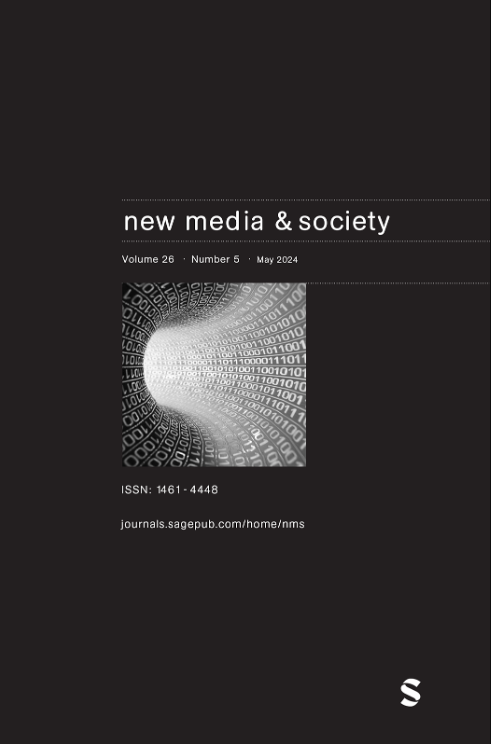动荡时刻:爱沙尼亚、法国和以色列的高等教育在 COVID-19 期间转向远程学习时对隐私的考虑
IF 4.5
1区 文学
Q1 COMMUNICATION
引用次数: 0
摘要
在 COVID-19 封锁期间,数字技术的快速应用为隐私文化的差异提供了一个独特的视角。在本研究中,我们比较了爱沙尼亚、法国和以色列高等教育向远程学习过渡期间文化倾向和身份与隐私的关系。我们对学者进行了 83 次深入访谈,了解他们采用通信技术的情况以及管理自我展示和与他人关系的策略。采用技术的模式最能反映出不同的隐私倾向,那些来自隐私敏感文化的人表达了个人和机构对侵犯隐私的技术的抵制。然而,各国针对新的可见性模式采取的自我管理策略却大同小异。我们的研究结果为隐私研究做出了三项贡献:(1) 显示了不同身份(职业、国家)是如何支撑隐私态度和行为的;(2) 证明了隐私的多面性;(3) 指出机构决策是隐私保护干预的关键点。本文章由计算机程序翻译,如有差异,请以英文原文为准。
A moment of turbulence: Privacy considerations in the pivot to distance learning during COVID-19 in higher education in Estonia, France, and Israel
The rapid adoption of digital technologies during COVID-19 lockdowns offers a unique perspective on differences in privacy cultures. In this study, we compare how cultural predisposition and identities relate to privacy during the transition to remote learning in higher education in Estonia, France, and Israel. We conducted 83 in-depth interviews with academics, who talked about their adoption of communication technologies and strategies for managing their self-presentation and relations with others. Patterns of tech adoption were most reflective of distinct privacy predispositions, with those coming from privacy-sensitive cultures conveying an individual and institutional resistance to privacy-invasive technologies. However, strategies for self-management in response to new patterns of visibility were similar across countries. Our findings make three contributions to privacy research: they (1) show how different identities (professional, national) underpin privacy attitudes and behaviors; (2) demonstrate the multidimensionality of privacy; and (3) point to institutional decision-making as the critical point for privacy-protecting interventions.
求助全文
通过发布文献求助,成功后即可免费获取论文全文。
去求助
来源期刊

New Media & Society
COMMUNICATION-
CiteScore
12.70
自引率
8.00%
发文量
274
期刊介绍:
New Media & Society engages in critical discussions of the key issues arising from the scale and speed of new media development, drawing on a wide range of disciplinary perspectives and on both theoretical and empirical research. The journal includes contributions on: -the individual and the social, the cultural and the political dimensions of new media -the global and local dimensions of the relationship between media and social change -contemporary as well as historical developments -the implications and impacts of, as well as the determinants and obstacles to, media change the relationship between theory, policy and practice.
 求助内容:
求助内容: 应助结果提醒方式:
应助结果提醒方式:


